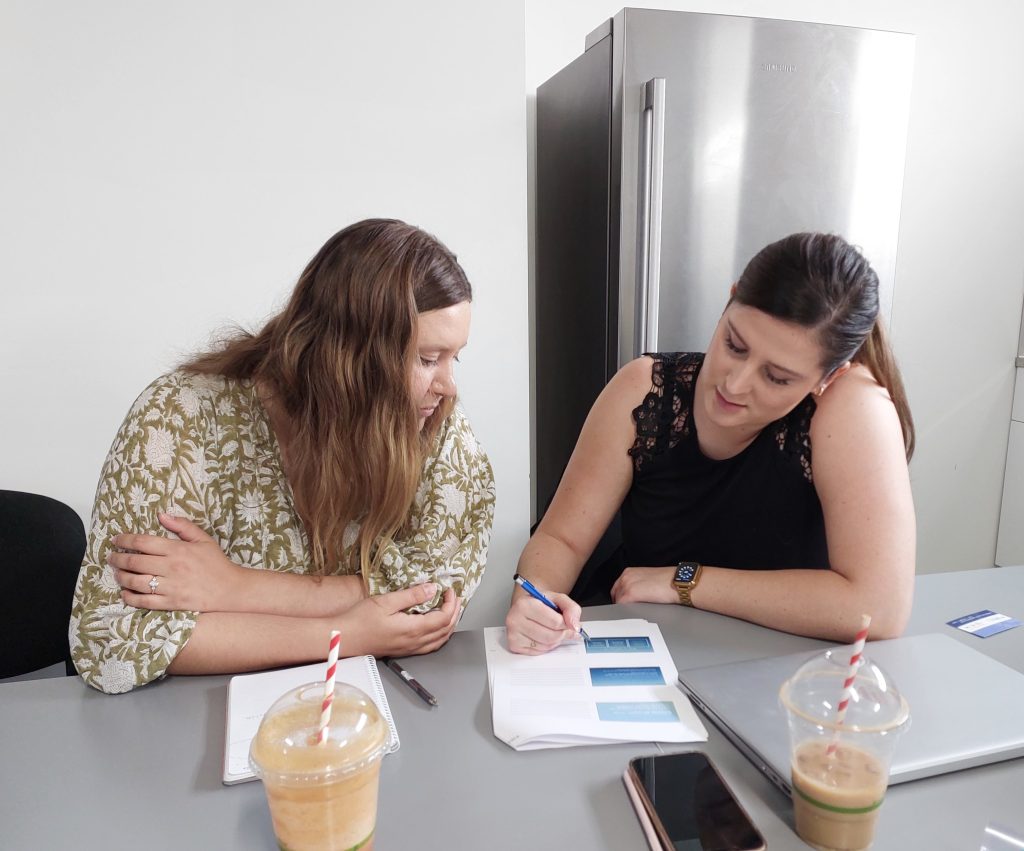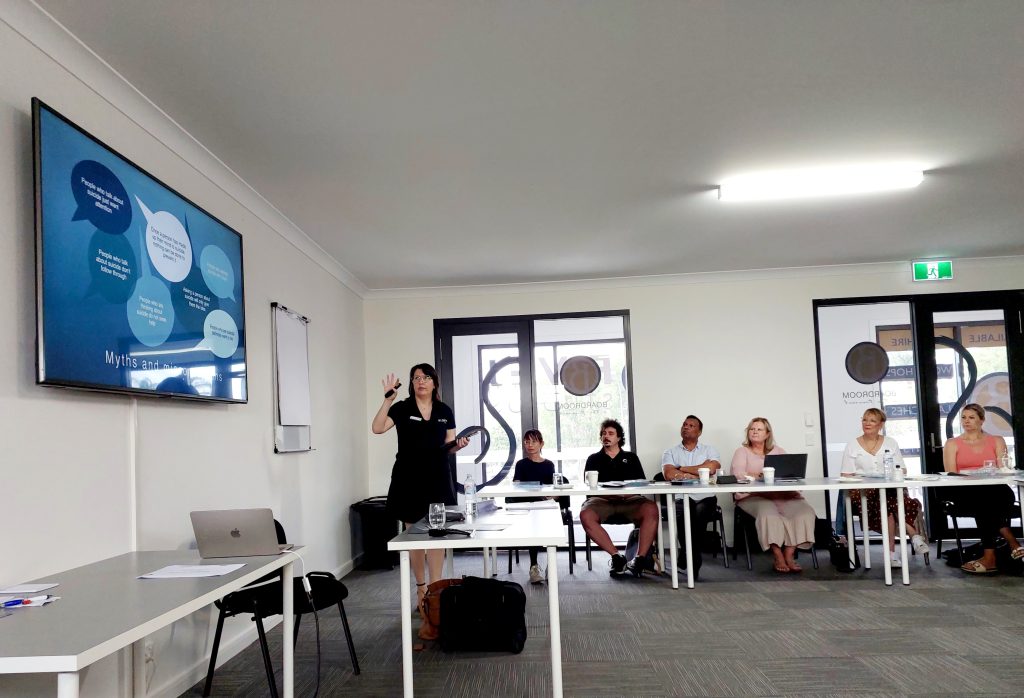Most of us will have known, or known of, someone who has committed suicide.
Some suicides come out of the blue, but other people do show warning signs, should our eyes be open to these. Regardless of why, we as individuals, and as a community, have to believe that suicides are preventable.
The confronting truth
The shocking statistic is that every day, over eight Australians die by suicide (ABS 2022).
Every… Day…
In addition, every year around 65,000 people attempt suicide (www.suicidepreventionaust.org).
Faced with this information, clearly suicide prevention is everyone’s business.
Taking action
As a community we have a good awareness of the issue of suicide prevention. Initiatives such as RUOK? and Movember are dialling this up. Further, there are indications that Australia has the desire to formalise responses to suicide prevention in legislation and policy. A recent survey indicated significant public support (79%) for a National Suicide Prevention Act (State of the Nation Suicide Prevention Survey, 2022).
But societal change requires more than this. Do we as family and friends / professionals / community members know how take action to prevent suicide?
This week, Connect4U Australia Pty Ltd reached out to Lifeline, Australia’s largest suicide prevention service provider, to provide training to enable our Support Coordinators to better be able to recognise, respond and refer to prevent suicide for the NDIS participants we support.
The Let’s Talk About Suicide session was part of Connect4U Australia’s ongoing commitment to continuous improvement, to provide our Support Coordinators with the opportunities to develop the knowledge and skills to be able to provide optimum support coordination for the participants who put their trust in us.
It’s about connection
We acknowledge that some NDIS participants are more likely to experience trauma or have poor mental health, through changes in their circumstances caused for example by an acquired brain injury, or through lifelong difficulties with emotional regulation. Many participants report “suicidal ideation”, or to put it plainly, thinking about suicide.
For me, the key message from the training was that suicide prevention is about reaching out and engaging in supportive conversations. As professionals, we might think this is the hardest part – (What if we say the wrong thing? What if we make things worse?) Memo to self – we just think it is. Listening, reassuring, validating feelings and checking in with people can shift the situation from a potential crisis, to allow time for people to access support to address recurring suicidal thoughts.
Lifeline training
The Let’s Talk About Suicide training provided a safe space for us to challenge myths around suicide, to acknowledge our own reactions and to move forward in a non-judgemental way.
I highly recommend this training, and Lifeline’s suite of online resources, to help NDIS service providers build their organisational capability.
Author: Margie McNamara
Position: Manager – Business Support and Development
Connect4U Australia Pty Ltd.

Section Title...
- The confronting truth
- Taking action
- It's about connection
- Lifeline training
Some useful links...
Further useful information about mindfulness...
Need a Support Coordinator? Give Connect4U Australia a call on 1800 595 423!

